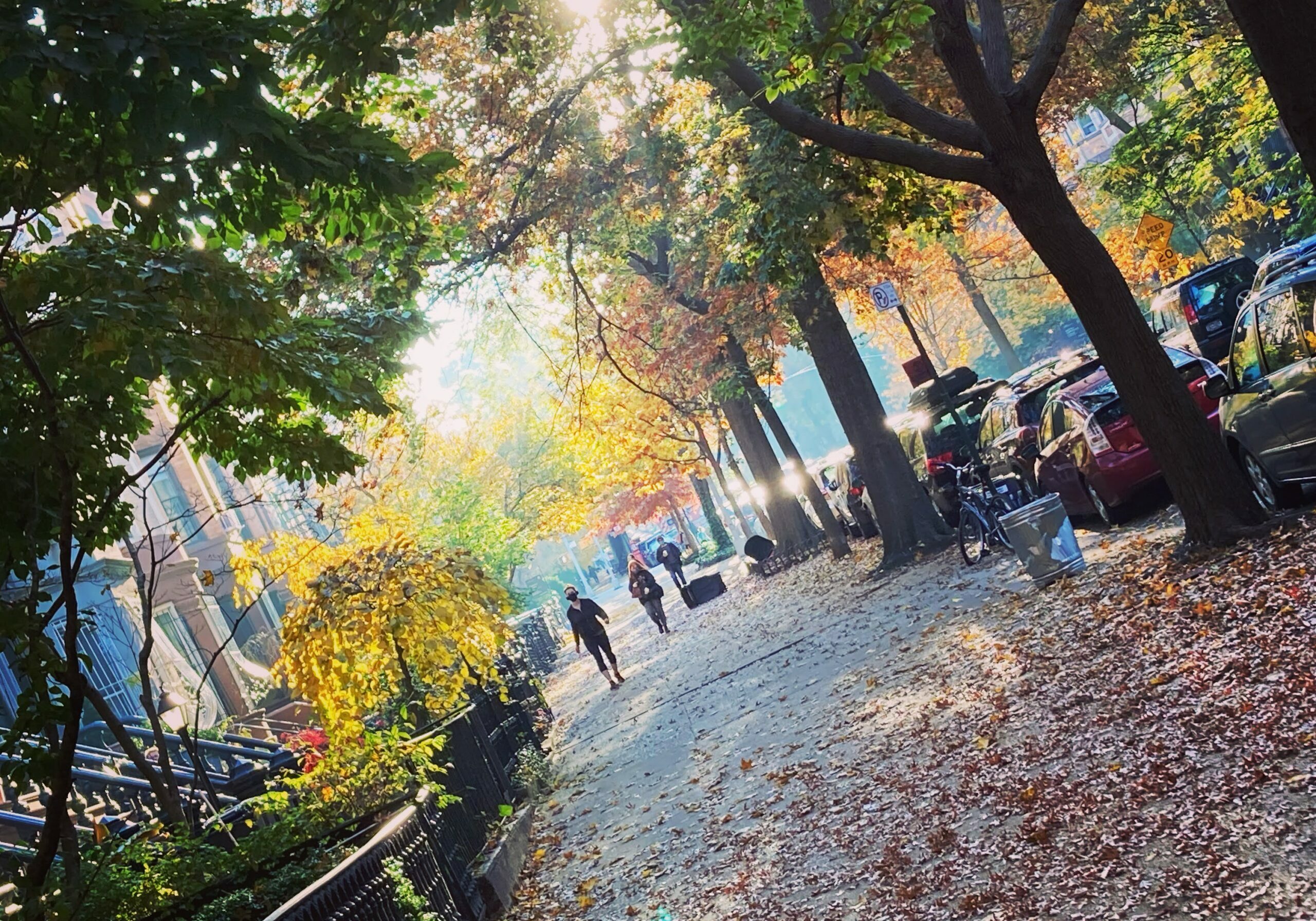March 31, 2025
Avoiding the existential dread of task avoidance

Most children’s books on cleaning emphasize completing tasks all at once, or after a specific mess has been made.
But that’s too daunting for a toddler. The minute someone starts singing the clean up song, they run screaming into the other room.
My approach is preventative. I don’t believe teaching children to tackle the aftermath of messes is helpful. These kids need to shift their mindset. I want them to understand that they’re giving a gift to their future self by reducing tomorrow’s workload, one piece at a time.
I know that seems a bit philosophical for a two year old to comprehend, but kids are pretty perceptive. They understand cause and effect. So here’s an excerpt from my new book.
Clean as you go. Keep commitment low.
Tidy a bit at a time. You won’t get behind.
Don’t let things get obscene. You’ll need to do a bigger clean.
Sure, cleaning can wait. But larger messes are harder to remediate.
Give your future self a gift. Reduce tomorrow’s workloads with today’s thrift.
Do chores that are shorter. Make small, continuous effort towards maintaining order.
It’s not perfect, but it’s good enough. Remember, tackling everything at once can be tough.
And now you’re not going out of your way, you’re simply tidying up as part of your day. Yay!
Imagine an entire generation of young people embrace flow tasking. The societal outcomes would be profound. The philosophy would impact school, household chores, workplaces, even extracurricular activities.
Millions of young people would stop viewing tasks as something to dread.
Naturally, this generation shift would threaten the status quo. Our rushed and chaotic world would view these children as suspiciously tidy. Eerily calm.
It’s unnatural! I can already hear baffled parents saying, our daughter used to throw tantrums when we asked to clean her room. Now, she picks up toys as she walks to her desk. She just does things. Without us having to nag her. There’s no fight or drama. That can’t be healthy. I’m pretty sure she’s been possessed by a clean demon.
Okay, so flow tasking might now be a flawless solution. Chaos addicts worldwide won’t be voting for it. Their cherished family tradition of dysfunction would be upended.
But that’s on them. Not my problem. I am not in the business of helping the world’s emergency junkies get better and panicking.
My approach is more preventative. I find flow tasking has improved my quality of life by an order of magnitude. Going out of my way to do things, versus doing them on the way to something else, is a subtle and simple shift with powerful implications.
And in a world where nobody wants to do anything, it’s important we find ways to integrate everything into our natural rhythms.
Otherwise we might do nothing.
How do you avoid the existential dread of task avoidance?

